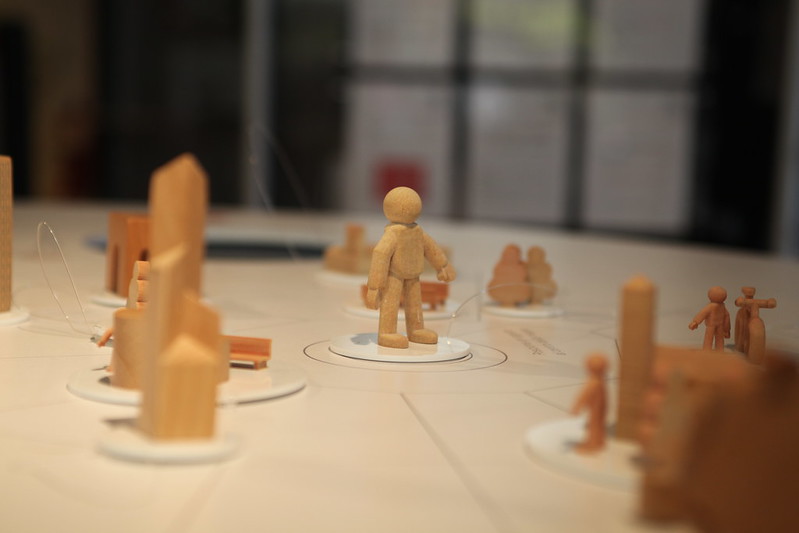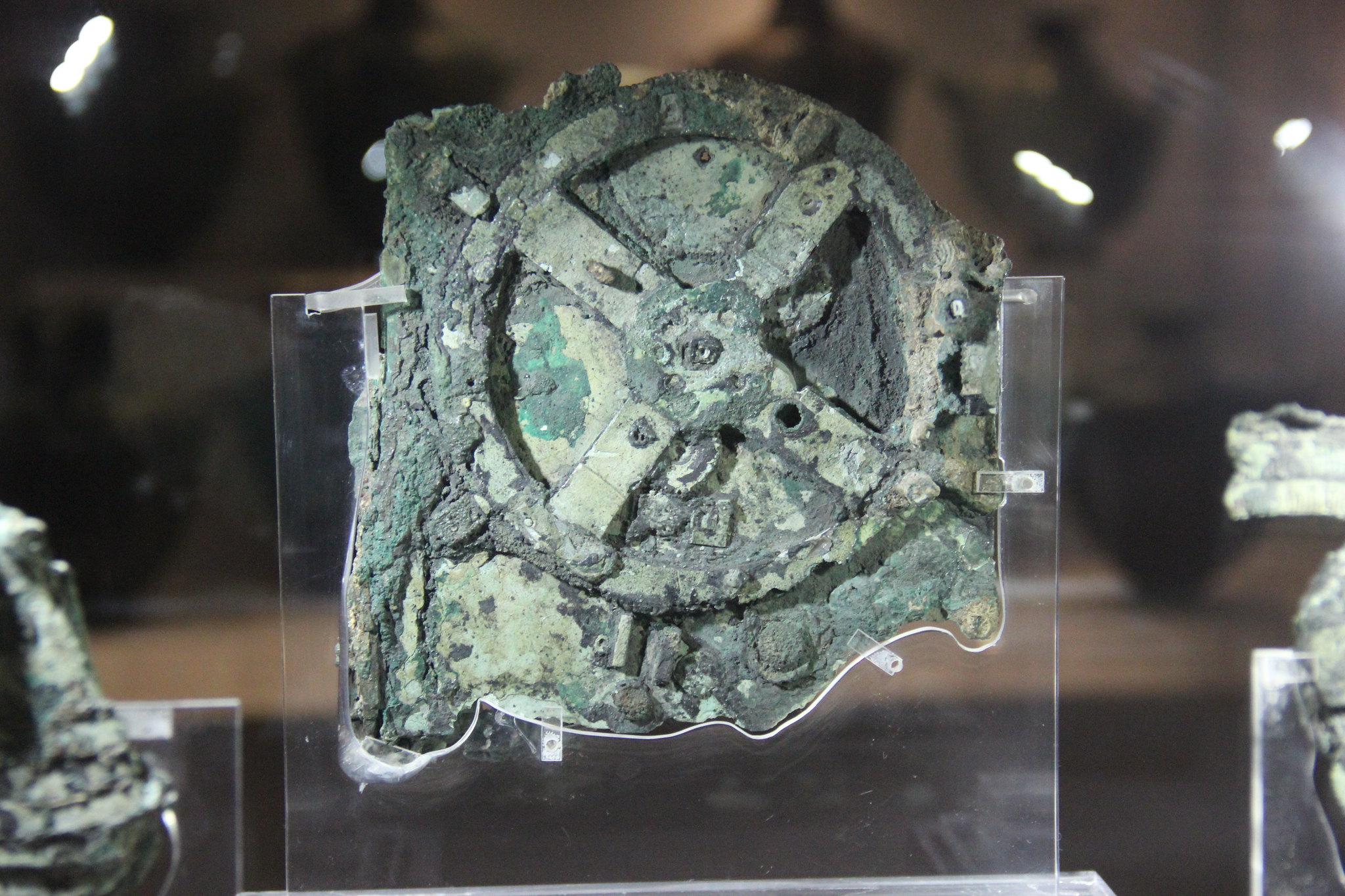
The Importance of Open Data in Cultural Heritage Preservation
Cultural heritage preservation is fundamentally about safeguarding the identity of humanity's culture and conserving it for generations to come. This includes everything from ancient relics and monuments to intangible cultural practices and traditions. In the digital age, the practice of making data available to the public, without restrictions on use or redistribution, known as open data, has become an essential tool for cultural heritage preservation. This article explores the significance of open data in cultural heritage preservation and how it can transform the way we preserve and access our shared cultural heritage.
The Advantages of Open Data in Cultural Heritage Preservation
Open data has numerous benefits when it comes to cultural heritage preservation. Its most significant benefit is that it increases access to cultural heritage resources by making cultural heritage data available to the public, promoting transparency, accountability, and democratizing access to information. In the context of cultural heritage, where information access is often restricted by government or private institutions, this is particularly important.
Open data also encourages collaboration and sharing of knowledge among cultural heritage institutions. By sharing data, museums, libraries, and archives can work together on joint projects, such as creating digital exhibits or developing new research tools. This promotes greater efficiency and innovation in the cultural heritage sector and enables cross-disciplinary research and scholarship.
The potential for open data to transform cultural heritage preservation is perhaps its most important advantage. Open data initiatives enable new forms of data analysis and visualization that can reveal previously unseen patterns and insights. For instance, data mining techniques can be utilized to identify patterns in collections of cultural heritage data, such as the distribution of certain types of artifacts across different regions or time periods.
Open Data and the Challenges of Cultural Heritage Preservation
Although open data has enormous potential for cultural heritage preservation, it presents some challenges. One of the most significant challenges is ensuring the accuracy and reliability of the data itself. This is particularly important in the context of cultural heritage, where inaccuracies or errors in data can significantly impact our understanding of the past.
Another challenge is striking a balance between open access and protecting sensitive cultural heritage materials. In some cases, cultural heritage materials may be sacred or hold cultural significance to specific communities. In these situations, open data initiatives must balance the need for access with the need to respect cultural sensitivities and guarantee that sensitive materials are not misused or misappropriated.
Finally, open data initiatives face the challenge of ensuring their long-term sustainability. Establishing and maintaining open data initiatives necessitate significant resources, and there is always the possibility that funding or political support may decrease, resulting in discontinuation. To address this challenge, open data initiatives must be carefully planned and implemented with long-term sustainability in mind.
Conclusion
In summary, open data has the potential to revolutionize cultural heritage preservation. Open data initiatives increase access to cultural heritage data, encourage collaboration among cultural heritage institutions, and enable new forms of data analysis and visualization. Nonetheless, open data initiatives face significant challenges, such as ensuring the accuracy and reliability of data, protecting sensitive cultural heritage materials, and guaranteeing long-term sustainability. By addressing these challenges and building on the potential of open data, we can create a more inclusive, transparent, and collaborative approach to cultural heritage preservation.
This post is part of a series on The impact of technology on cultural heritage preservation





